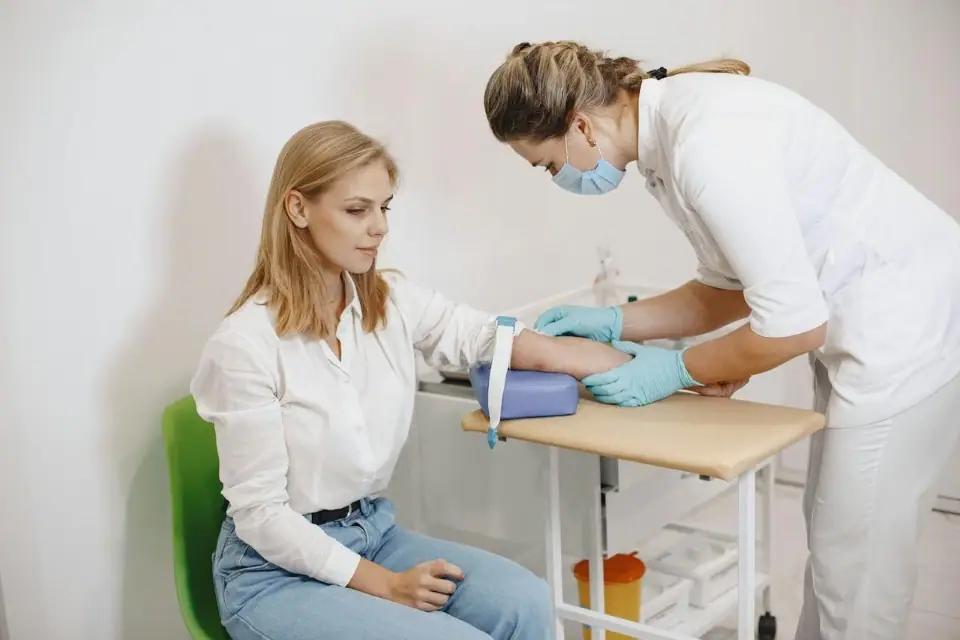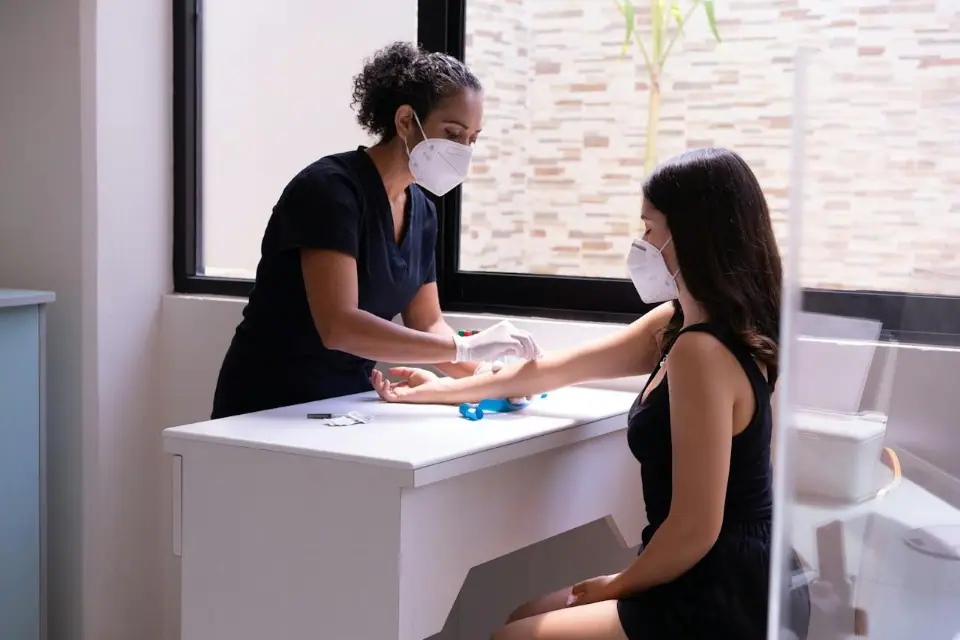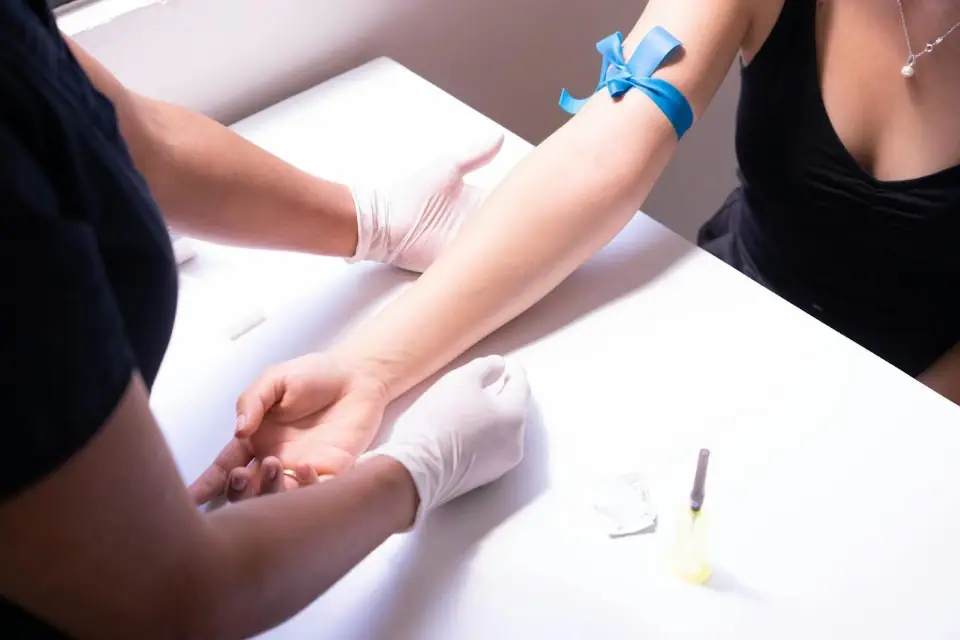Are you a certified phlebotomist with a passion for healthcare and an entrepreneurial spirit? If so, starting your own phlebotomy business could be a rewarding venture. Phlebotomy, the practice of drawing blood for medical tests, is in high demand, and there’s a growing need for skilled professionals and businesses in this field. In this comprehensive guide, we’ll walk you through the steps to start your own phlebotomy business successfully.
Understanding the Phlebotomy Business
Phlebotomy is an essential component of the healthcare industry. Phlebotomists play a crucial role in collecting blood samples from patients for various medical tests, diagnostics, and treatments. Starting a phlebotomy business allows you to offer these services independently, catering to healthcare facilities, laboratories, clinics, and even home health services.
The Benefits of Starting a Phlebotomy Business
Before diving into the nitty-gritty of starting your own phlebotomy business, let’s explore some of the key advantages:
- Lucrative Opportunity: The demand for phlebotomy services remains steady, making it a potentially profitable business.
- Flexibility: You can choose your work hours and target the type of clients you prefer to work with.
- Independence: Being your own boss provides a sense of autonomy and control over your career.
- Contributing to Healthcare: You’ll play an essential role in the healthcare system by providing accurate and timely blood samples.
Now, let’s delve into the practical steps you need to take to start your phlebotomy business.

Obtain the Necessary Education and Certification
To start a phlebotomy business, you must have the required education and certification. This typically involves completing a phlebotomy training program and passing a certification exam. Programs are available at various educational institutions and can often be completed in a matter of months.
Gain Clinical Experience
Before launching your own business, it’s crucial to gain experience working as a phlebotomist in a clinical setting. This experience will not only hone your skills but also build your confidence and credibility.
Create a Business Plan
Like any other business, a phlebotomy business needs a solid plan. Your business plan should outline your goals, target market, pricing structure, budget, and strategies for marketing and growth. This document will serve as a roadmap for your business.
Register Your Business
You’ll need to choose a business structure and register your phlebotomy business with the appropriate government authorities. This step will vary depending on your location and the specific regulations that apply.
Secure the Necessary Equipment and Supplies
A phlebotomy business requires various tools and supplies, including needles, syringes, blood collection tubes, gauze, alcohol swabs, and a safe disposal system for biohazard materials. Ensure you have a reliable source for these items.
Set Up a Business Location
You can choose to operate your phlebotomy business from a fixed location, such as a clinic or lab, or offer mobile services. If you opt for a fixed location, you’ll need a well-equipped space with the necessary amenities and safety measures.
Build Relationships with Healthcare Providers
Establish partnerships with healthcare providers, clinics, hospitals, and laboratories in your area. Building these relationships is crucial for securing clients and referrals.

Market Your Phlebotomy Business
Utilize a variety of marketing strategies to promote your services. This can include creating a professional website, networking with healthcare professionals, using social media, and offering promotional deals to attract new clients.
What qualifications do I need to start a phlebotomy business? To start a phlebotomy business, you need to be a certified phlebotomist, which typically involves completing a phlebotomy training program and passing a certification exam. You should also gain clinical experience to enhance your skills and credibility.
What equipment is essential for a phlebotomy business? Essential equipment for a phlebotomy business includes needles, syringes, blood collection tubes, gauze, alcohol swabs, and a safe disposal system for biohazard materials. The specific equipment and supplies you need may vary depending on your business model.
Can I operate a mobile phlebotomy business? Yes, you can operate a mobile phlebotomy business, which involves traveling to clients’ locations to provide blood collection services. This can be a convenient option for clients who prefer in-home or on-site services.
How can I build trust and credibility as a phlebotomy business owner? Building trust and credibility is crucial in the healthcare industry. To establish yourself as a reputable phlebotomy business owner, focus on delivering high-quality services, maintain professionalism, and ensure compliance with all relevant regulations and safety standards.
What are the challenges of running a phlebotomy business? Challenges in running a phlebotomy business may include competition, regulatory compliance, ensuring patient comfort, and managing administrative tasks. It’s important to stay updated on industry trends and continuously improve your skills to address these challenges effectively.
Conclusion
Starting a phlebotomy business can be a fulfilling endeavor that combines your healthcare skills with an entrepreneurial spirit. By following the steps outlined in this guide, you can build a successful and profitable phlebotomy business. Remember that education, certification, experience, and dedication are key factors in your journey towards becoming a trusted phlebotomy service provider. Your contribution to the healthcare industry through accurate and efficient blood collection is invaluable, and your business can thrive by meeting the growing demand for these services.

